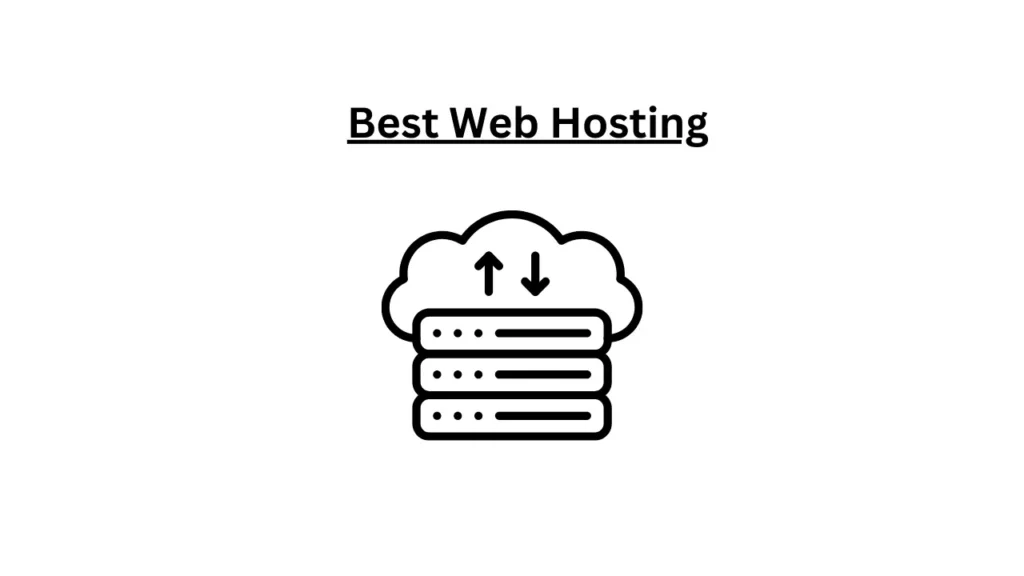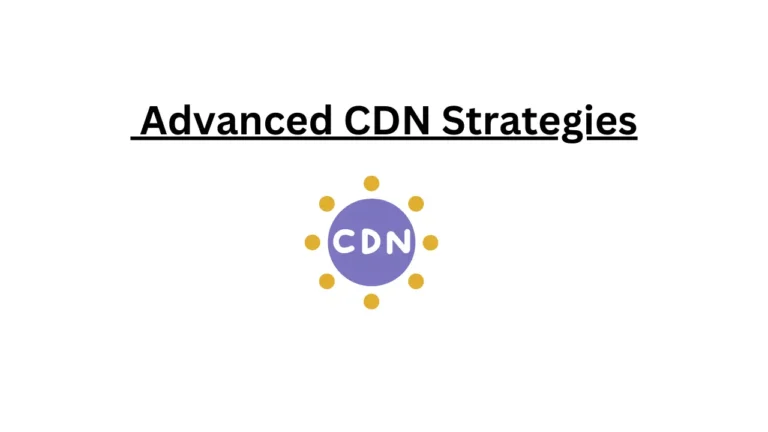Introduction to Web Hosting
In the vast digital universe, choosing the best web hosting provider can feel like navigating through a black hole. Imagine, for a moment, your website as a starship; without the right kind of launchpad – or web hosting – your glorious journey could sputter before it even begins. But fret not, for we are here to guide you through this cosmic adventure.
So, what exactly is web hosting? Put simply, web hosting is the service that enables your website to be accessible on the Internet. Think of it as renting a spot in a digital neighborhood where your website’s files, images, and content are stored snugly on a server, ready to be shown to anyone who visits. Just like choosing the perfect neighborhood for your new home, selecting the best web hosting provider is crucial for your website’s success.

Finding the right provider can sometimes feel like dating – you might encounter a few frogs before meeting “the one.” There are abundant options with different features, performance capabilities, and pricing models, turning the simple act of choosing into a mind-boggling affair. Yet, this decision is one of the cornerstones of your online presence. A reliable web host can enhance your website’s performance, ensuring speed, uptime, and security – while a mismatched choice can lead to downtime and performance issues that could irk your visitors.
As we traverse this guide, we will delve into the kaleidoscope of choices available, helping you understand the different web hosting options out there. Armed with this knowledge, you’ll be poised to select the best web hosting provider tailored to your specific needs, whether you’re showcasing a blog, running an e-commerce site, or something in between. Buckle up and prepare for liftoff as we explore the intricacies and essentials in making your website journey a stellar success.
- Types of Web Hosting Services
- Shared Hosting
- VPS Hosting
- Dedicated Hosting
- Cloud Hosting
- Choosing the Right Web Hosting Provider
- Conclusion and FAQs
- Key Takeaways
- Frequently Asked Questions (FAQs)
- What is web hosting?
- How do I know which web hosting service is right for me?
- Can I switch hosting providers later?
Types of Web Hosting Services
Choosing the best web hosting for your website involves understanding the different types of hosting services available. Each type offers unique features, benefits, and drawbacks, catering to varied needs and budgets. Below, we break down the main types of web hosting services: shared hosting, VPS hosting, dedicated hosting, and cloud hosting.
Shared Hosting
- Features: Multiple websites share the same server and resources.
- Benefits: Cost-effective, user-friendly, and suitable for small to medium-sized websites.
- Drawbacks: Limited resources and performance, potential security risks, and less control over server settings.
VPS Hosting
- Features: Virtual private server that simulates a dedicated server within a shared environment.
- Benefits: Better performance and control than shared hosting, scalable resources, and enhanced security.
- Drawbacks: More expensive than shared hosting, requires technical knowledge to manage.
Dedicated Hosting
- Features: Exclusive use of an entire physical server.
- Benefits: Maximum performance, complete control over server configurations, robust security.
- Drawbacks: High cost, technical expertise required, not suitable for small websites.
Cloud Hosting
- Features: Websites are hosted on a network of interconnected virtual and physical servers.
- Benefits: Highly scalable, reliable, flexible resource allocation, cost-effective for varying traffic levels.
- Drawbacks: Complex management, potential for higher costs with extensive resource usage.
| Hosting Type | Features | Benefits | Drawbacks |
|---|---|---|---|
| Shared Hosting | Shared resources | Cost-effective, user-friendly | Limited resources, potential security risks |
| VPS Hosting | Virtual private server | Better performance, scalable, enhanced security | More expensive, requires technical knowledge |
| Dedicated Hosting | Exclusive server use | Maximum performance, complete control, robust security | High cost, requires technical expertise |
| Cloud Hosting | Network of servers | Highly scalable, reliable, flexible resources | Complex management, potential for higher costs |
Understanding these web hosting types is crucial for identifying the best web hosting service for your needs. For a more visual comparison, consider incorporating an infographic that highlights the differences among these hosting options.
Choosing the Right Web Hosting Provider
Finding the perfect web hosting provider is crucial for the success of your website. To steer you in the right direction, let’s break down the decision-making process into actionable steps. This guide covers essential factors such as uptime guarantee, customer support, pricing, scalability, and security features.
1. Uptime Guarantee
Imagine having your website go offline just when your latest blog post goes viral—a nightmare scenario! A robust web host offers a high uptime guarantee, typically 99.9% or above. This ensures your site remains accessible to visitors around the clock. Always check user reviews for real-world uptime performance.
2. Customer Support
Excellent customer support can save the day when you encounter technical hiccups. Picture this: it’s midnight, and your site crashes. Will your provider offer 24/7 support? Opt for providers with multiple support channels, including live chat, email, and phone support. A timely response can make all the difference.
3. Pricing
Budget constraints are a common challenge, but cost-effective solutions do exist. Compare pricing plans of various providers to find one that fits your needs without breaking the bank. Remember, the cheapest option might not always be the best. Balance cost with the features provided.
4. Scalability
Web hosting should grow with your website. Initially, you might need a basic plan, but as your audience expands, so will your requirements. Choose a provider offering scalable solutions such as flexible bandwidth and storage, ensuring your site can handle increased traffic seamlessly.
5. Security Features
Security is non-negotiable. Seek hosts that offer robust security measures, including SSL certificates, firewalls, and regular backups. This protects your data from breaches and downtimes due to hacking. Envision dealing with data loss because of poor security—clearly, you wouldn’t want that!
Selecting the right web hosting provider involves carefully evaluating these factors. Consider the balance between price, performance, and support to make a well-informed decision. In the end, a reliable host ensures a smooth and secure online presence for your website, keeping your visitors happy and engaged.
Conclusion and FAQs
Choosing the best web hosting provider is a crucial decision that can significantly impact the performance, reliability, and security of your website. From our exploration of various factors such as uptime, support, pricing, and features, it is evident that a thorough evaluation is necessary to find a provider that aligns with your specific needs.
Key Takeaways
Understanding the importance of web hosting is the first step in ensuring your online presence remains robust and efficient. Key attributes to look for include:
- Reliable uptime and server performance
- Comprehensive customer support
- Affordable pricing that offers value for money
- Robust security measures and backup options
- Scalable solutions that grow with your business
We highly encourage you to review top recommended hosting providers, compare their features, and consider what aligns best with your website goals.
Frequently Asked Questions (FAQs)
What is web hosting?
Web hosting is a service that allows individuals and organizations to make their website accessible on the internet. Hosting providers offer storage space on servers where your website files reside, ensuring your site is available to users worldwide.
How do I know which web hosting service is right for me?
Selecting the right web hosting service requires assessing several factors, including the type of website you have, expected traffic, required features, budget constraints, and the level of technical support you need. Comparing different providers based on these criteria can help you make an informed decision.
Can I switch hosting providers later?
Yes, it is possible to switch hosting providers if you are not satisfied with your current service. Many hosts offer migration services to make the transition smoother. However, ensure you backup your website data and confirm the new provider meets all your requirements before making a switch.

